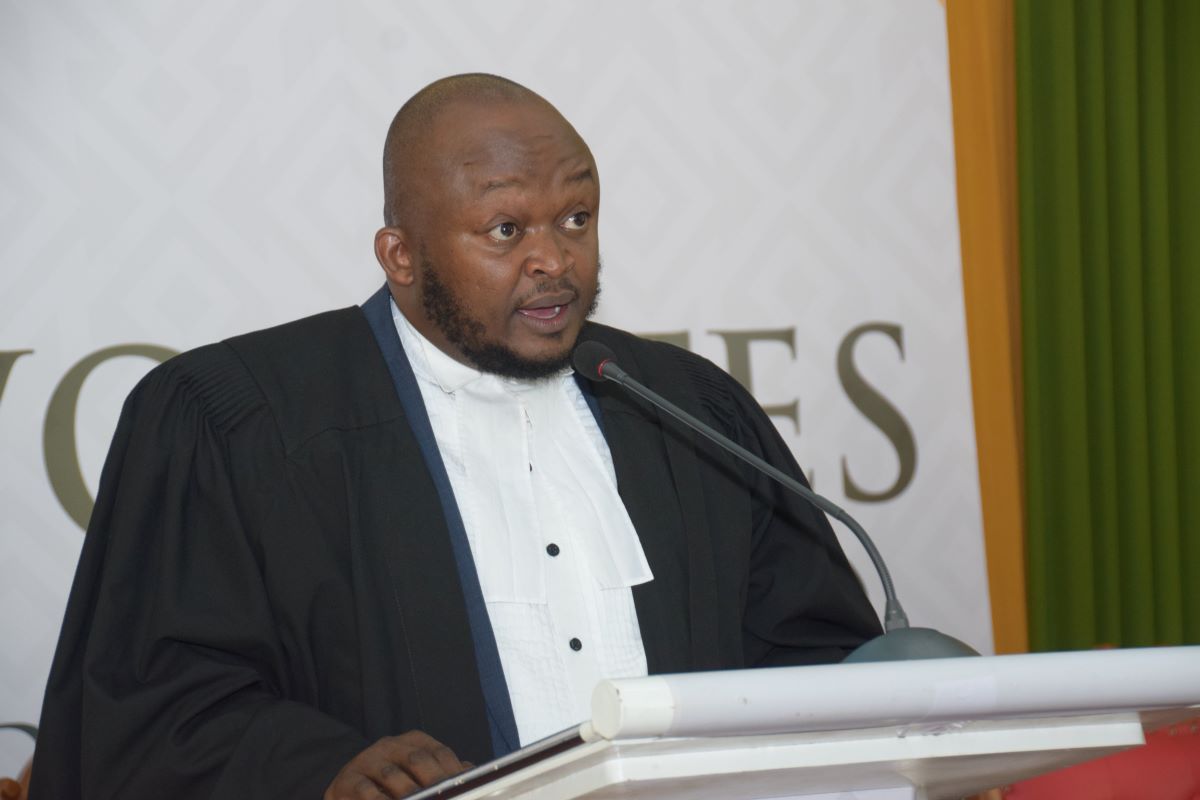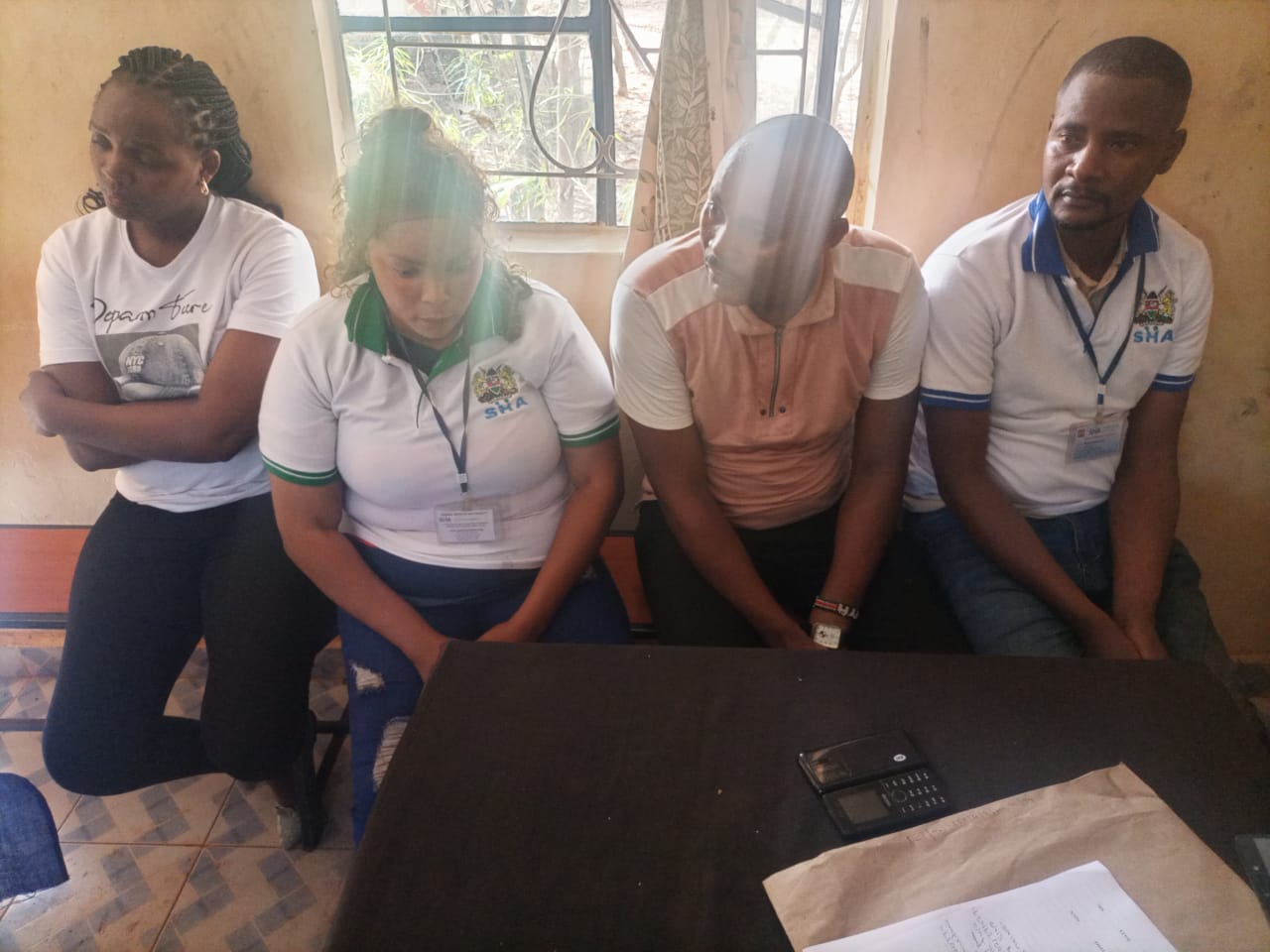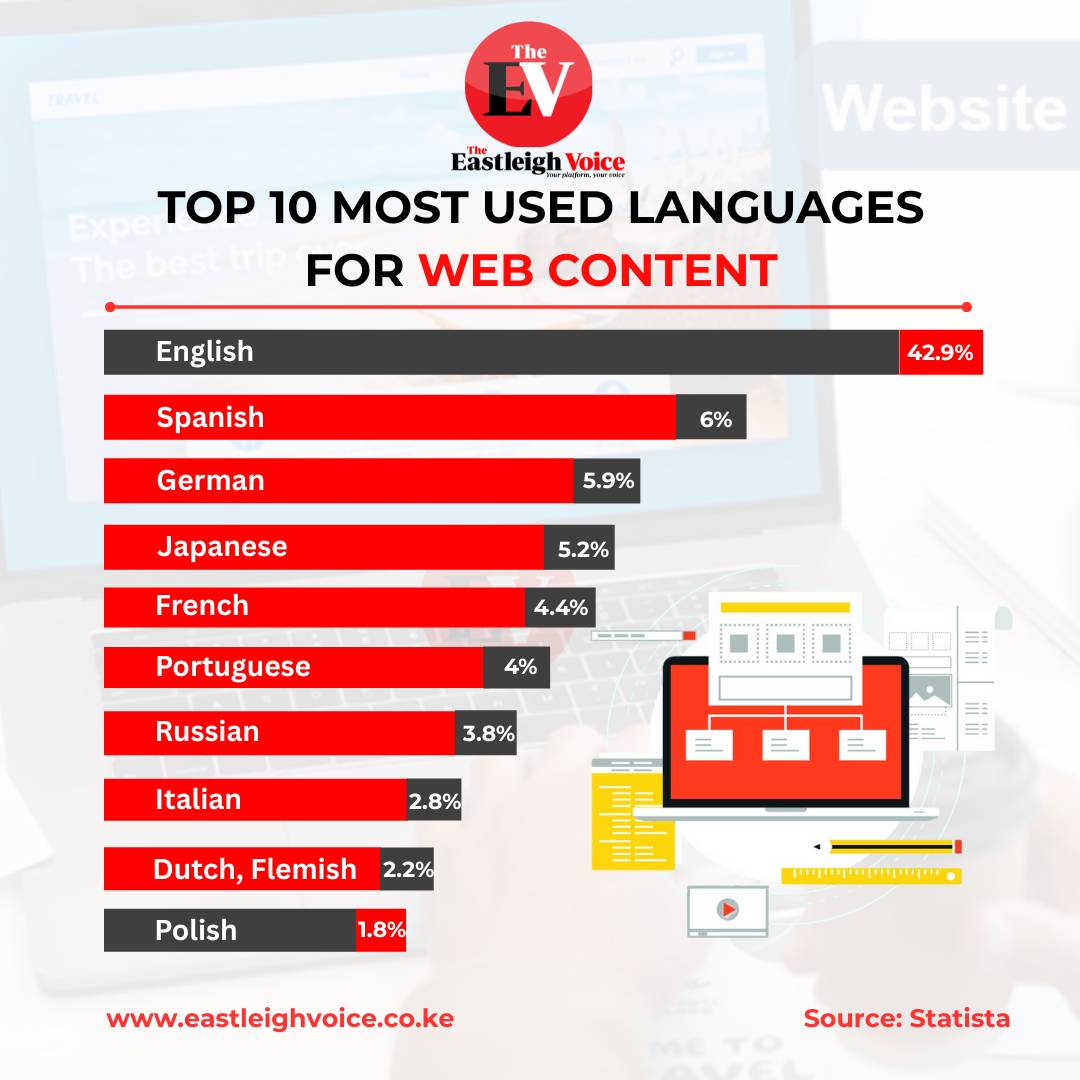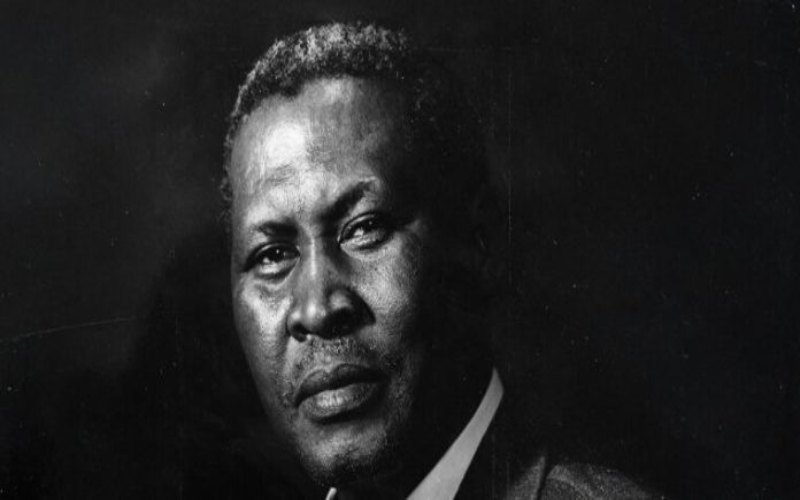CJ Martha Koome hails 2010 Constitution as transformative, cites gains and challenges 15 years on

Speaking at a Katiba Day event marking the 15th anniversary of the Constitution, Koome praised the document as a driver of good governance, human rights, equality, and accountability.
Chief Justice Martha Koome has described the Constitution of Kenya, 2010, as a transformative framework that continues to shape the country’s democracy, justice system, and social order.
Speaking at a Katiba Day event marking the 15th anniversary of the Constitution, Koome praised the document as a driver of good governance, human rights, equality, and accountability.
More To Read
- Court orders Kenya School of Law to admit student within 60 days
- Judiciary rolls out staff census in push for data-driven reforms
- JSC shortlists 50 candidates for Environment and Land Court judge positions
- Supreme Court to begin year-end recess on December 21
- JSC shortlists 100 candidates for High Court judge positions
- Karua accuses section of MPs of manipulating public participation in lawmaking process
She noted that its promulgation in 2010 marked a turning point for the Judiciary by entrenching independence, strengthening accountability, and broadening access to justice.
"Fifteen years later, we can look back with pride at the progress made, while acknowledging persistent challenges that still hinder the full realisation of its promise," Koome said.
The CJ outlined the Judiciary’s reform journey through three successive frameworks: the Judiciary Transformation Framework (JTF) under retired CJ Willy Mutunga, Sustaining Judiciary Transformation (SJT) under David Maraga, and the ongoing Social Transformation through Access to Justice (STAJ), set to run until 2033.
She cited landmark rulings such as the Supreme Court’s nullification of the Building Bridges Initiative (BBI), the Mitu-Bell and Musembi cases affirming housing rights and the Muruatetu decision striking down the mandatory death penalty as jurisprudence that strengthened constitutionalism.
Beyond case law, Koome highlighted infrastructure and digitisation milestones.
High Court stations now exist in all 47 counties, while e-filing—launched in Nairobi in 2020 and rolled out nationally in 2024—has digitised processes, enabling online filing, fee payments, and virtual hearings. AI-powered transcription tools and real-time dashboards have further boosted transparency and efficiency.
Even so, she acknowledged persistent challenges, including chronic underfunding, case backlogs, and digital harassment campaigns targeting judges. She lamented the Judiciary’s budgetary allocation of less than 1 per cent of the national budget and urged greater support to enable it to meet its constitutional mandate.
"We will continue to administer justice without fear or favour, defend rights, and check abuses of power," she affirmed.
Chief Registrar of the Judiciary, Winfridah Mokaya, echoed Koome’s sentiments, stressing that the Judiciary’s duty is to "constantly patrol the boundaries of the Constitution" to safeguard the aspirations of Kenyans.
Top Stories Today












































